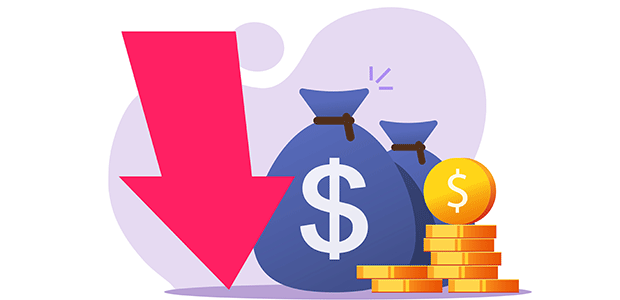
The great resignation - new data shows Brit workers are unsatisfied with pay
Office workers feel less confident in their potential for progression at work than freelancers, according to new data from freelance platform, Fiverr. The COVID-19 pandemic has not been easy for workers, from furlough to job losses, the UK workforce has taken more than just a financial hit.
The study, which surveyed over 2,000 people (made up of 1,020 UK office workers and over 1,002 UK freelancers) reveals that office workers are less satisfied with their pay than freelancers and only a third (33%) of office workers believe they will be able to retire early.
Whilst over half (54%) of freelancers still feel they would earn more under an employer, 45% of office workers admit they would consider or have considered moving to freelance work.
Freelancers significantly backed their chances (64%) of progression in their current role than office workers (46%) as the self-employed continue to benefit from learning new skills. The study also found that 77% of freelancers rate their work-life balance as good compared to 72% of office workers who said the same.
It’s apparent in the research that in many realms, freelancers are happier and healthier than office workers - three in four (75%) freelancers would describe their fitness and wellbeing as good compared to 62% of office workers who said the same.
Freelancers are more productive and autonomous than office workers
The COVID-19 pandemic has changed the way businesses view and work with the freelance community. Businesses have been more open to using freelance talent to fill their teams’ skills gap.
The higher probability of early retirement, better pay and progression, suggests it should be no surprise that more freelancers (77%) believe they have been productive over the past year than office workers (72%).
Further to this, there is a significantly higher proportion of freelancers feeling ‘completely autonomous’ at work (30%) compared to their office-based counterparts (19%).
Back to the office
The UK Government has been encouraging workers to go back into the office since the early stages of their pandemic exit plan and businesses have been debating what their new future of work will look like. But where do freelancers lie in this conversation?
The research revealed that 73% of freelancers regard a physical office space as important to their work life. It is clear that the remote nature of freelance work means that the self-employed have become more in-tune with the requirements of their role, and understand the need for separating home life, from work life.
This figure is much lower for office workers with just under three in five (59%) revealing that a physical office space is important to their work life. Less office workers (50%) than freelancers (54%) believe that their workplace will return fully to the office once all staff have been vaccinated.
Life after COVID-19
As the UK has officially opened up, it seems that the COVID-19 vaccine is the ticket to freedom.
However, it seems office workers are more reluctant to travel abroad. Only 35% think they will travel in the next six months compared to 63% of freelancers.
Peggy de Lange, Vice President of International Expansion at Fiverr commented: “Our research is proof that freelancing continues to grow as an attractive model for work. The sentiment of office workers towards pay and progression is a good indicator of the frustration many employed office workers feel.
"Contrastingly, the drastic difference between freelancers and office workers’ job satisfaction suggests that the self-employed are getting the best of both worlds in terms of productivity and work-life balance.
It is clear that more needs to be done in integrating freelancers into the workforce. As the world switches to a hybrid model and the utilisation of freelancers for businesses continues, it is imperative that every step is taken to ensure that all staff are heard, understood and made to feel valued; regardless of whether they are permanent staff or not.”


